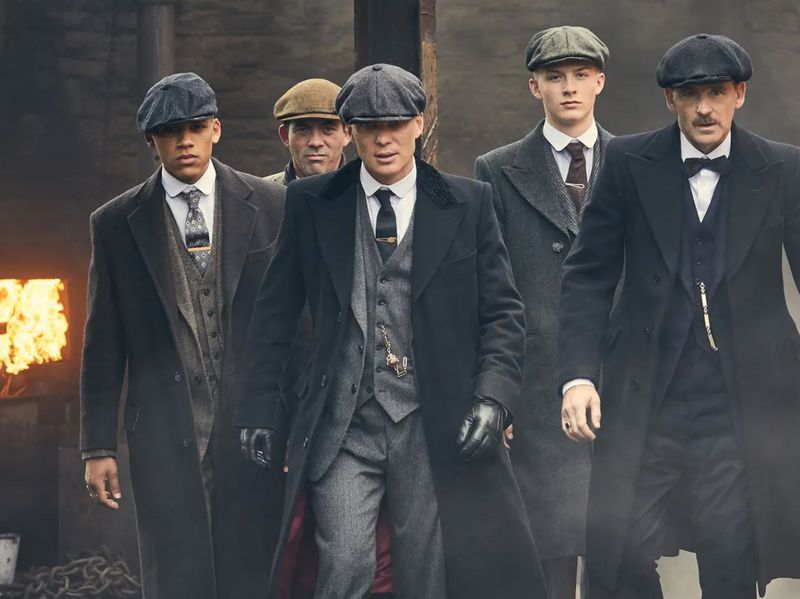
Was Jessie Eden from ‘Peaky Blinders’ a real person?
Season four of Peaky Blinders centres on the Shelby crime family’s battle with Italian-American mafioso Luca Changretta. But they also have other problems to contend with. The historical setting of the series in an industrial district of Birmingham during the interwar period coincides with a real-life event that shook Britain to its core.
The nine-day general strike of 1926 could have brought down the hated Conservative government of Stanley Baldwin, and threatened the entire capitalist order of the United Kingdom. Chancellor of the Exchequer Winston Churchill, who himself appears in a later period of Peaky Blinders, was demanding that the army be sent in to break up the strike by force. Not since the days of the Chartist movement had Britain seen this level of class warfare. And the city of Birmingham, the country’s largest centre for metalworks, the automotive industry and printing, was a stronghold of the struggle.
This is the backdrop against which we see the leader of the Peaky Blinders, Cilian Murphy’s Tommy Shelby, negotiating with local trade union leader and Communist Party cadre Jessie Eden. Their negotiations over equal pay at Shelby’s factories soon turn into a romantic affair, when after rebutting his advances Eden succumbs to his enigmatic charm.
In return, Tommy uses information she gives him to help the government arrest leading communists within the strike movement in Birmingham. He tosses her aside once he’s got what he needed from her, and she’s horrified to find him being elected to parliament in her stead a year later.
So, did these events really happen?
As with many of the pseudo-historical aspects of Peaky Blinders, Tommy Shelby’s role in events is prioritised over and above the truth. As opposed to embellishing real events with artistic licence, series writer and creator Stephen Knight embellishes his fictional storyline with the veneer of historical context. Which makes for a convincing narrative and a compelling watch reminiscent of the great cinematic mobster movies of New Hollywood.
It’s just that, in this case, he’s playing fast and loose with a real-life hero. Jessie Eden is made out to be a courageous, idealistic but ultimately naive young woman, who sacrifices the sworn secrecy of her comrades’ revolutionary activities because she finds a well-known Birmingham gangster simply irresistible. More than just generally misogynistic, her characterisation is an insult to the memory of the real Jessie Eden.
The daughter of a working-class campaigner for women’s suffrage, Eden was just 24 years old when she successfully convinced the entire Lucas motor factory to join the 1926 General Strike, as the workplace’s union delegate. Before her 30th birthday, she’d later led the largest women’s strike at a single workplace in history up to that point, involving a week-long walkout of 10,000 female workers.
Eden was ahead of the times as a leader member of the British Communist Party at its height before World War Two. She also led the 1939 rent strike in Birmingham, leading 50,000 tenants to withhold their rents for better sanitation and living conditions. And spent the rest of her life campaigning to better the livelihoods of workers in her home city, particularly women workers. As far as anyone knows, she never met or had any romantic liaisons with any local members of the criminal underworld.
It’s true that she did stand for parliamentary election, but much later than is portrayed in the series. She stood to represent the borough of Handsworth in 1945 on a Communist ticket, and won 3.4% of the vote as the Labour Party swept to power in one of the largest landslides in UK electoral history.
Fundamentally, Jessie Eden was a credit to her movement who never betrayed either her party or her class. While people may differ with her politics or positions on certain issues, the firmness of her principles are beyond doubt. And let’s face, her real-life exploits were far more heroic than those of her fictional counterpart Tommy Shelby. But I suppose they aren’t quite as appealing to BBC or Netflix executives.